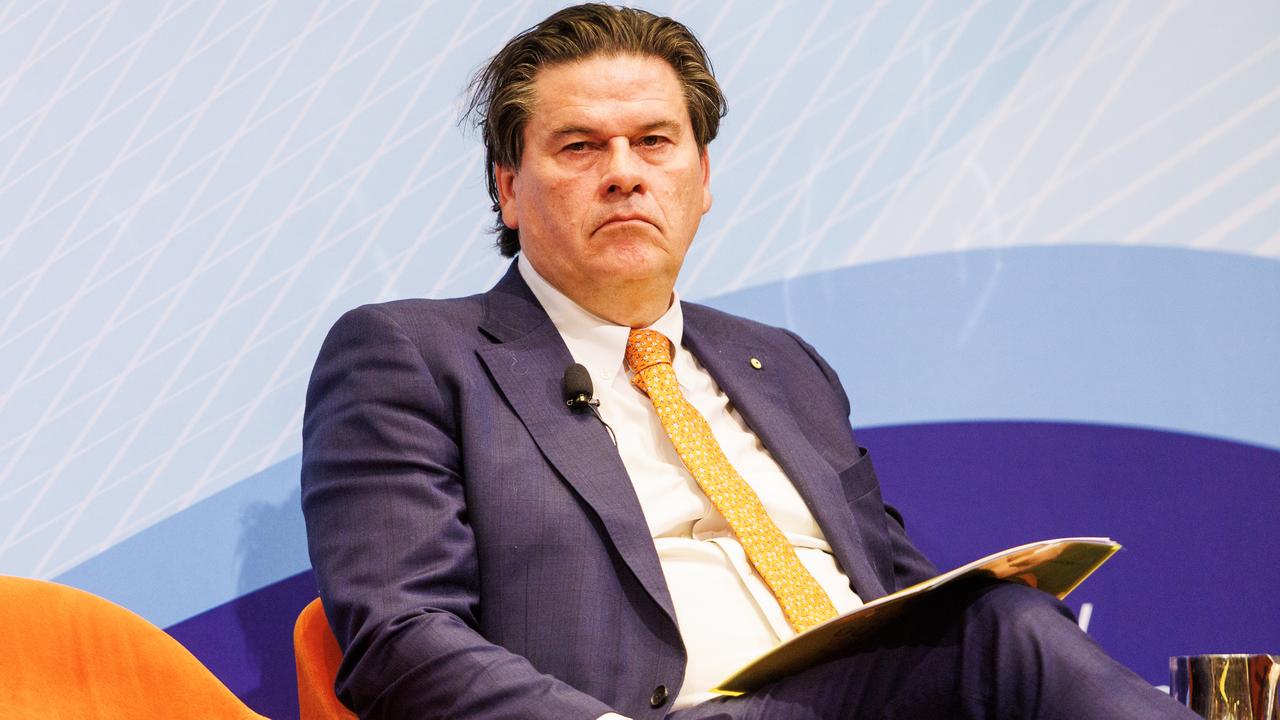Aussie workers could ‘double holidays’
Millions of Australians could get access to heaps more annual leave but there’s a catch to the new proposal.
Millions of Australian workers could double their holidays as unions and employers groups seek to have a new leave provision guaranteed but there’s a catch – they would need to take the additional annual leave at half pay.
The new workplace entitlement could be inserted into industry awards and is currently being considered by the Fair Work Commission.
The Australian Council of Trade Unions (ACTU) is one group pushing for greater flexibility on how workers take their leave.
“Having annual leave available to be taken at half pay can be a good option which gives workers who want to utilise it more time and flexibility to manage their caring responsibilities and balance work and care,” said ACTU Secretary Sally McManus.
“We would expect this request to be driven by the needs of the worker and given proper consideration by the employer. As with all leave it should be properly recorded, and it should be clear to the worker how this would impact any future leave and super contributions”.

However, the ACTU believes the ability to take leave at half pay would also need safeguards to ensure it wasn’t used to disadvantage employees.
One of the measures that would need to be included is that the double holidays at half pay be initiated by the employee and granted only at their request — rather than by employer directive. Another measure is that it could not be unreasonably refused by the employer.
The arrangement must also be recorded in writing and retained as an employee record, according to the ACTU.

Australian Chamber of Commerce and Industry (ACCI) workplace relations director Jessica Tinsley said the organisation supported the change as “commonsense” but warned employers would need to have the ultimate right to refusal.
“ACCI is supportive in principle of a variation to modern awards to permit an employer and an employee to agree to an employee taking twice as much annual leave at a proportionately reduced rate of pay,” she said.
“This proposal would be particularly beneficial for employees trying to balance work and caring responsibilities, especially where they have used up their own carer’s leave accrual.
We know that employers who can provide flexibility for employees with caring responsibilities do, but this is a good example of where employers who try to help their employees by offering flexibility are being stopped from doing so by our unnecessarily rigid workplace relations system. This is a commonsense change.”

But she said there would need to be a change on how the annual leave is approved.
“The usual requirement that employers can’t unreasonably refuse their consent should not apply in this special case,” she explained.
“Giving an employee the unilateral right to take twice as much annual leave whenever they like could have enormous ramifications on an employer, especially during a busy period or where they are short staffed.”
Australian Industry Group CEO Innes Willox also supported the move as giving greater flexibility but warned there were “some pitfalls to work through”.
“The big key here, the big caveat that we have to work through with unions is that, you know,
who determines in the end whether it’s possible and we would say it’s the employer. So there has to be an agreement between the employer and the employee. So there’s a whole lot of things that have to be taken into account,” he told Channel 7.
“You just shouldn’t expect people working under awards to rock up to work in a couple of months and say, I want to have the next eight weeks off starting tomorrow. That’s not going to happen, but there’s room, we believe, once these changes are hopefully made for that sort of conversation to occur, about planned leave going longer but being paid less over that longer time.”

Mr Willox said severe labour and skills shortages was also an issue and the change could impact different employers depending on the size of their workforce.
“If you’re part of a team of ten and, you know, two of your colleagues are having holidays, when you want holidays, your employer should have the absolute right to say, ‘Sorry, that doesn’t work for us. You know, change your plans and have your holiday at a later time’,” he said.
“So it fits in with the workplace. But it goes to that issue in this time of skills and labour shortages, of helping employers to find ways to retain workers if they want to take a long break, they might otherwise just leave.”
He also said that annual leave and sick leave would still get calculated as if the person was at work for that extra four weeks.
In its submission, the ACTU also called for an increase in annual leave to five weeks for some workers and for shifts workers to have their holidays bumped up to six weeks.
The Fair Work Commission is currently reviewing the 122 awards which govern the workplace of millions of Australians.
It has received a number of submissions on changes to awards to better suit work and care responsibilities, with many calling the current system “rigid” around working hours, annual leave and rostering. A decision is expected to be made by the workplace umpire by mid year.






